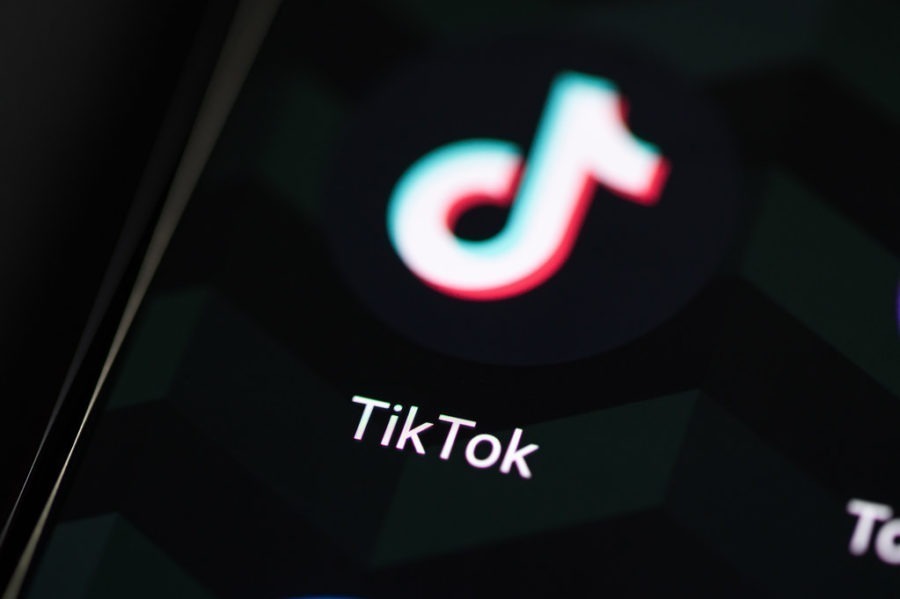TikTok: Hobby or Profession?
Image Courtesy of Ivan Radic
December 6, 2022
Since its social revival in late 2019, TikTok has been grasping teens, kids, and even adults video by video, scroll by scroll. The app redefines cultural trends; phrases like “TikTok dance” have entered the lexicon of even non-users. Initially created in 2016 by Chinese social media company ByteDance, the company has seen its fair share of controversy. In June 2020, India banned the app following privacy concerns surrounding the company’s involvement with the Chinese Communist Party (CCP). In August 2020, former President Trump attempted to ban the app in the US too, which caused a major uproar. However, his attempt was unsuccessful, and the app continues to operate in the U.S.A. In spite of the controversies however, TikTok emerged relatively unscathed. As part of an effort to promote monetized full-time content creation on the platform, TikTok launched its “Creator Fund” in July 2020, which created a way for TikTokers to make money, outside of sponsorships. The “Creator Fund” established a fund from TikTok, that would be divided amongst applied and approved Tiktokers based on their views, engagement, and content. Initially, Tik Tok pledged $200 million to its fund, however, after seeing the overwhelming response, TikTok increased its fund to $1 billion over the next three years. While big content creators love this extra money, others remain critical, as the he nature of the fund only benefits large creators. To even be eligible for compensation requires a large number of followers and views, and the few creators who meet these requirements already have large amounts of money pouring in from other platforms/sponsorships. The problem with the fund is that it doesn’t support smaller creators.
Others also argue that monetizing TikTok at all is ridiculous, citing the differences between TikTok and similar platforms like YouTube. Even the most famous TikTok clips are typically no longer than thirty-seconds, while professional YouTube videos are generally much longer and higher production value .People argue that Tik Tok content does not require as much effort, and therefore, should nott be monetized. Sophomore Sam Elkin stated, “TikTokers shouldn’t be paid by TikTok. It isn’t fair to those who work hard to have some teenager be making millions off of ten-second videos.” While some share his sentiment, others such as sophomore Harrison Epstein disagree, claiming “TikTokers work hard, and deserve to make money. However, I believe that the system should be structured more towards smaller creators who don’t have massive companies giving them money,”. Sophomore Hutch Henderson gave a more critical view, “Anyone who cares about anyone’s life on TikTok deserves to be banished from modern society.” While his words are harsh, regardless of what view one holds, everyone can agree that the profession of “influencer” is here to stay; and, with TikTok’s popularity and monetization, the profession will just continue to grow. So, whether you like it or not, it’s time to get used to young people making seven to eight figures a year off social media.






